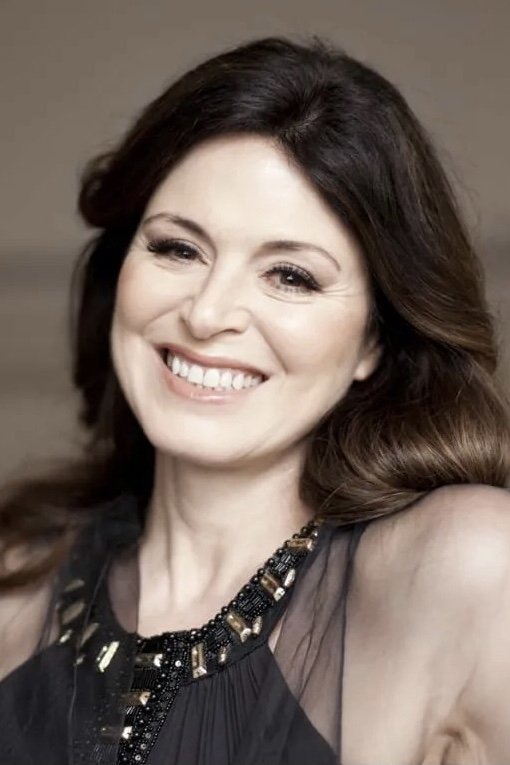
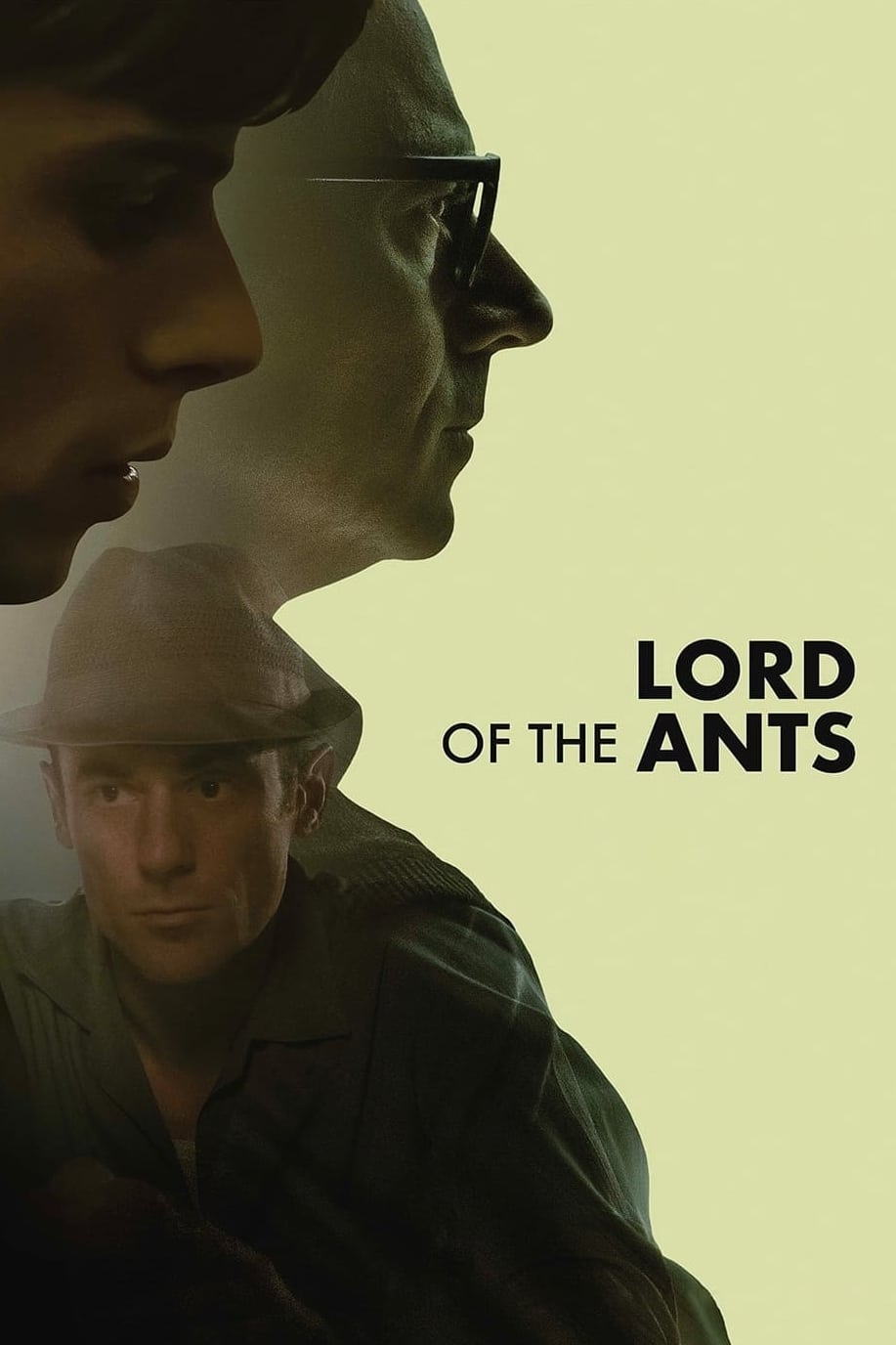
Based on true events of the late 60s in Italy, poet, playwright and myrmecologist Aldo Braibanti is prosecuted and sentenced to prison for the love he shares with his barely-of-age pupil and friend, Ettore. Amidst a chorus of voices of accusers, supporters and a largely hypocritical public, a single committed journalist takes on the task of piecing together the truth, between secrecy and desire, facing suspicion and censorship in the process.
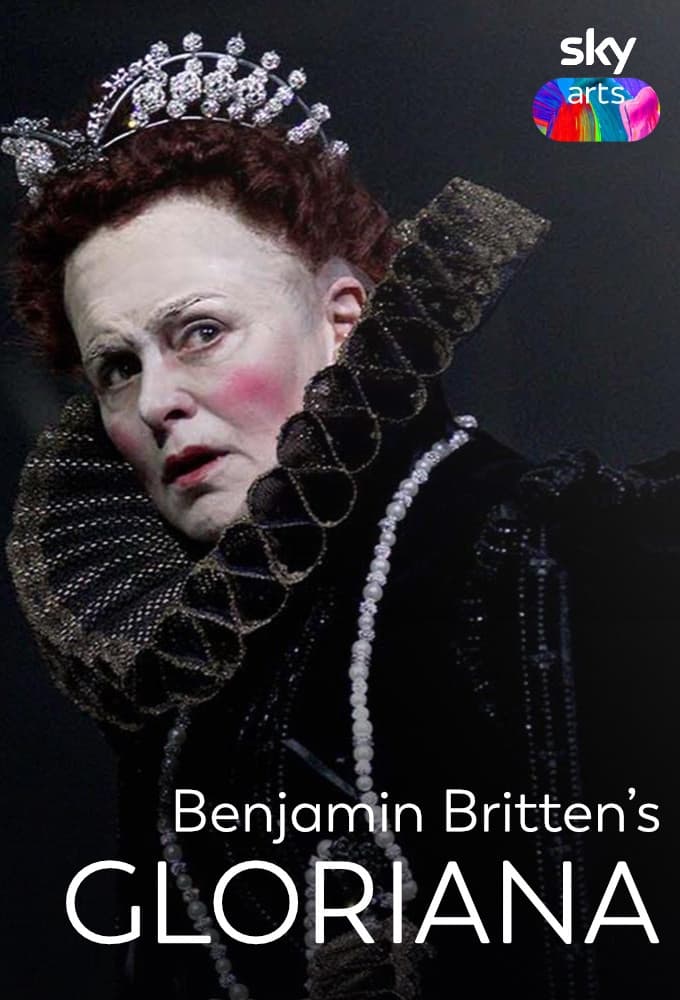
Performed at Madrid's historic Teatro Real in 2018, Ivor Bolton conducts Benjamin Britten's opera based on Lytton Strachey's 1928 Elizabeth and Essex: A Tragic History. In her repeated clashes with the Earl of Essex-a longtime favorite of the queen who was ultimately put to death for treason-Elizabeth I is depicted as flawed and vain, human and sympathetic.
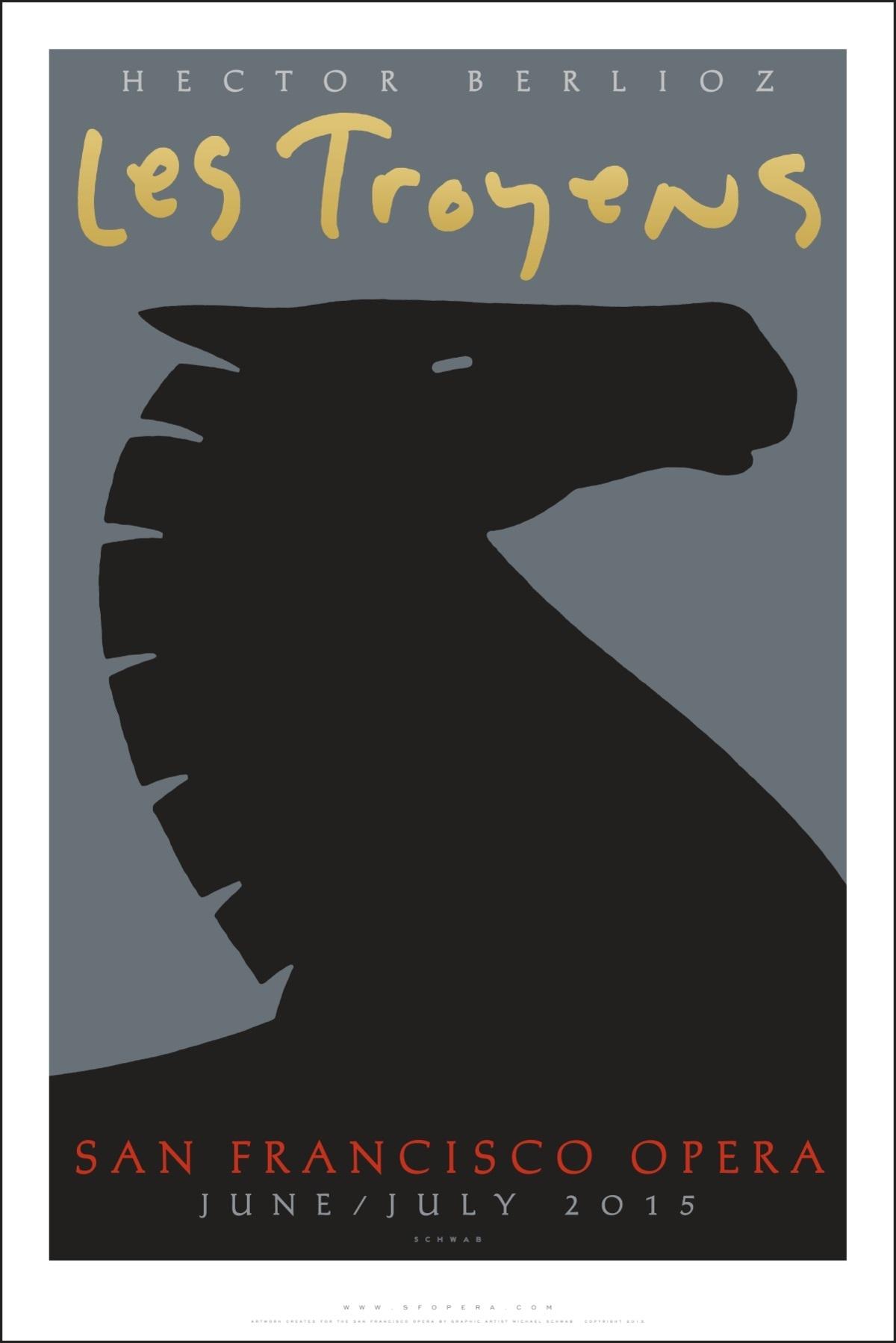
Witness the fall of Troy and the rise of an even greater nation in Hector Berlioz’s monumental five-part epic The Trojans. Opera legend Susan Graham, a master of the French opera repertoire, leads the cast as the lovesick queen Dido, who welcomes the Trojan refugees to her shores—only to have her heart broken by one of their heroes.
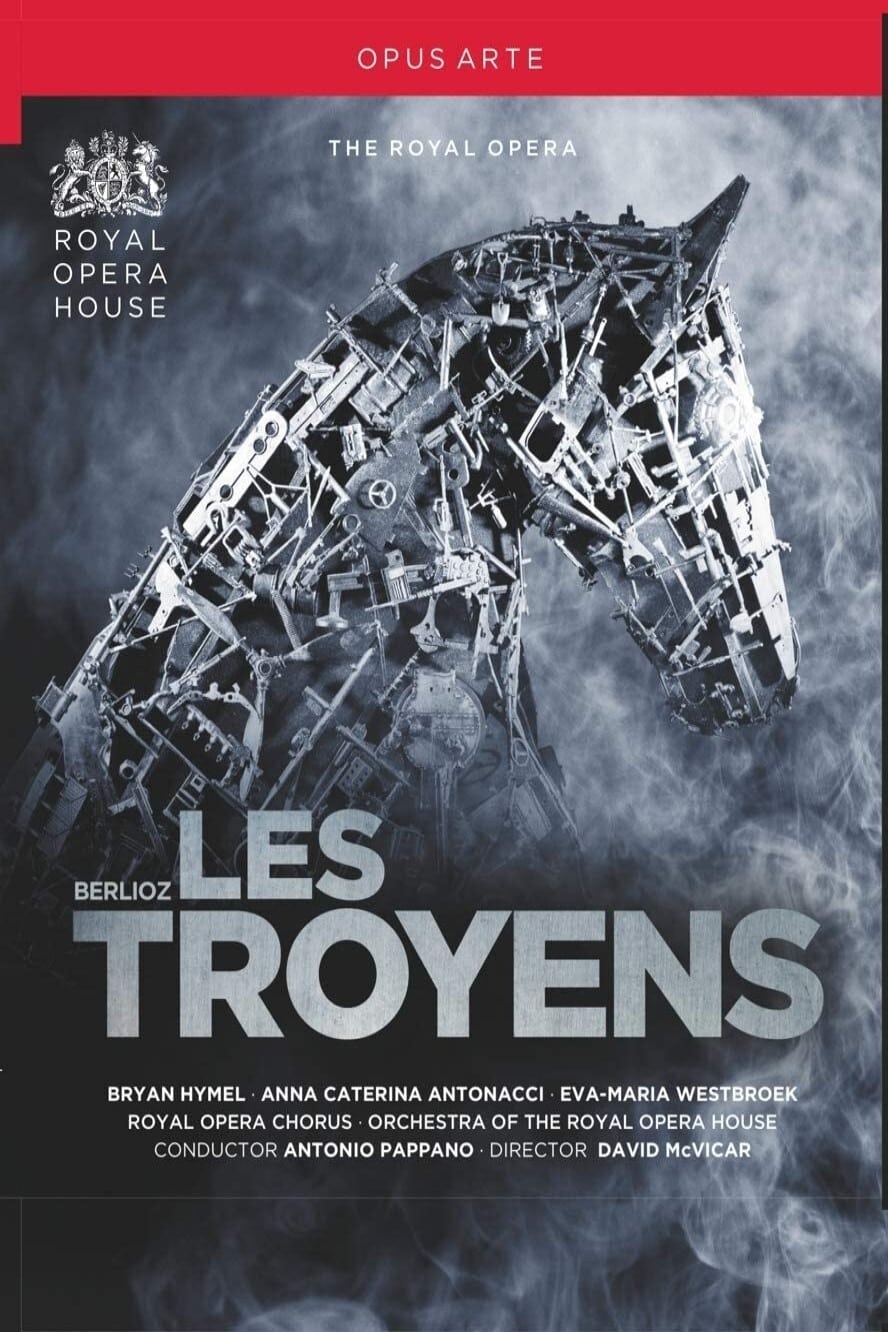
After the destruction of Troy, the Trojan warrior Énée sets out on a journey to found a new dynasty. He meets Didon, Queen of Carthage, and falls in love. But will Énée's love for Didon prove stronger than his sense of duty? LES TROYENS ('The Trojans') is a tour de force of music that ranges from fiery military marches to intense choruses, passionate soliloquies – such as those of the prophetess Cassandre – and the lyrical love duets of Didon and Énée. It is Hector Berlioz's largest work and he wrote the libretto himself, drawing upon his intimate knowledge of Virgil's Aeneid. To the composer's disappointment, LES TROYENS was only performed once in full during his lifetime and was often presented in shortened form during the 20th century. The Royal Opera's production provides a rare chance to see this epic work in its entirety. David McVicar's staging is on an enormous scale, assembling one of the largest casts ever seen at Covent Garden.
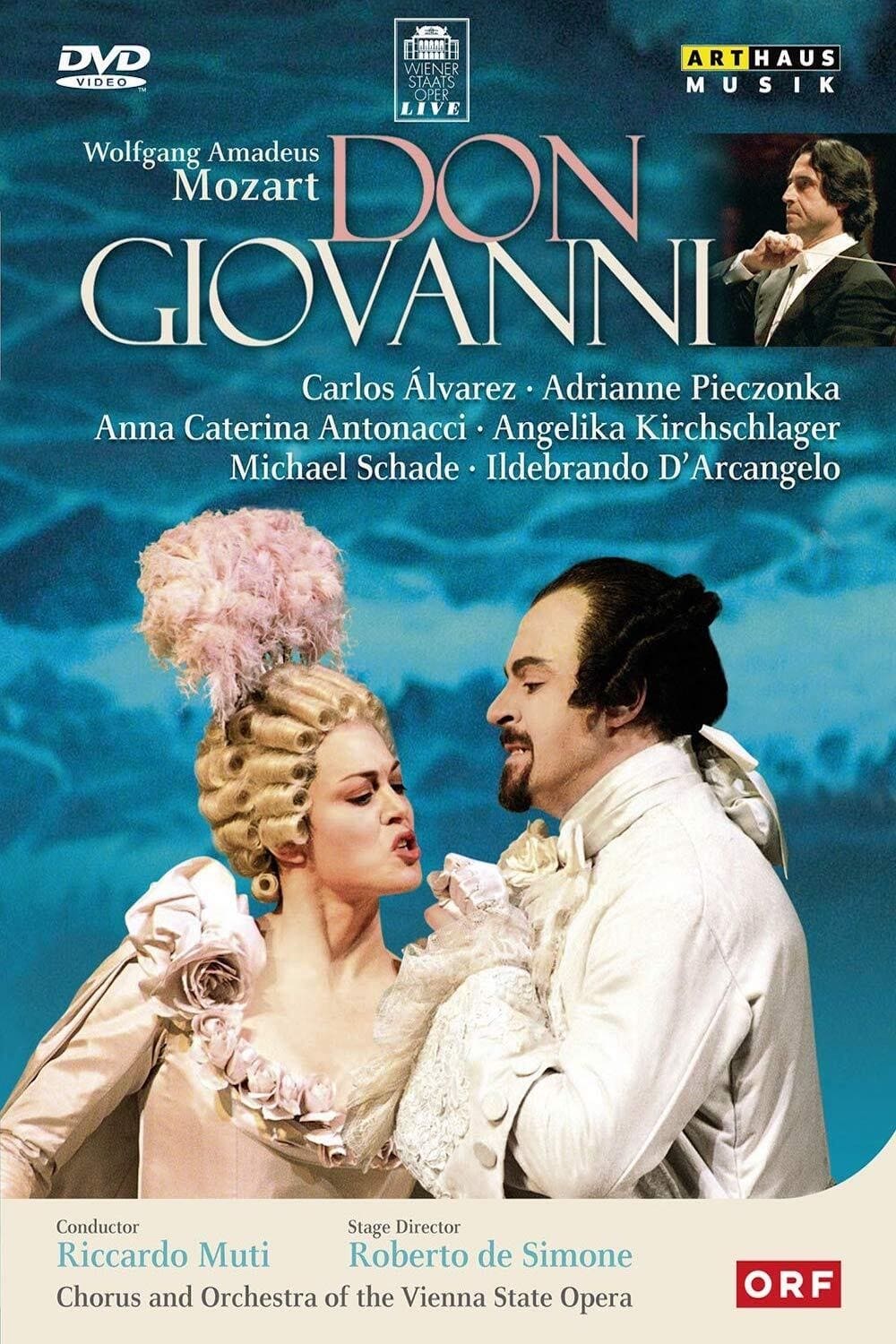
Wolfgang Amadeus Mozart's Don Giovanni is performed live at the Theater an der Wien in this 1999 production starring Carlos Alvarez in the title role and featuring the music of the Choir and Orchester der Weiner Staatsoper performing under the guiding wand of conductor Riccardo Muti.
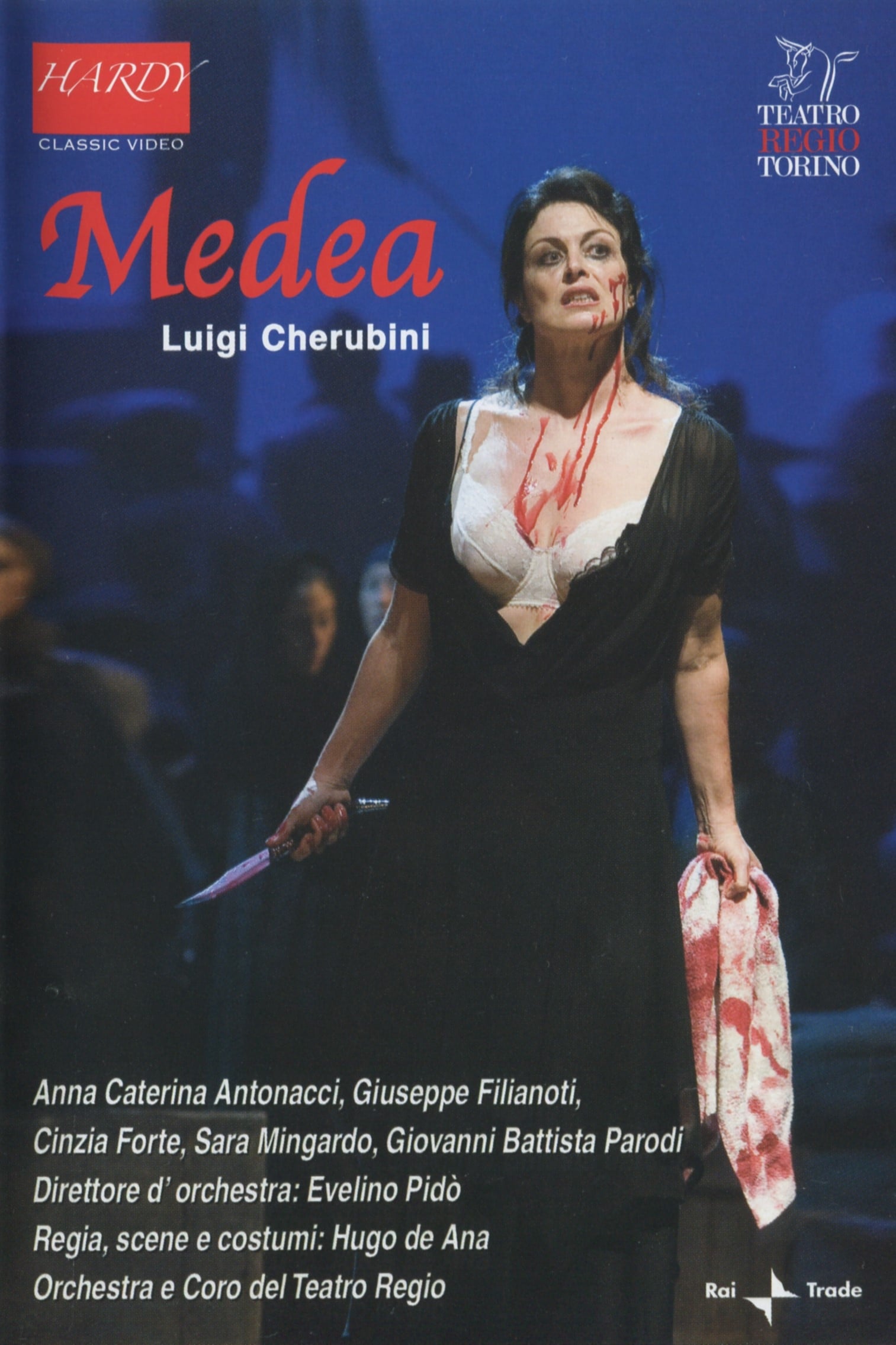
The story takes place in Corinth, in Creon's palace. Glauce (the king's daughter) is making preparations for her wedding with Jason; the hero has repudiated Medea, his wife - with whom he had two children - who once helped him to recover the Golden Fleece. The Argonauts arrive to pay homage to the bride, who cannot hide her fear of Medea. Medea manages to enter the king's palace and begs for Jason's return; when he refuses, the sorceress curses him and swears vengeance; then, alone with him, she recalls the happy moments of their love. Creon orders Medea to leave Corinth and she pretends to agree, obtaining permission to spend one more day with her children; meanwhile, she orders Neris, her maidservant, to take to Glauce her wedding present: the diadem and mantle given to her by Apollo.
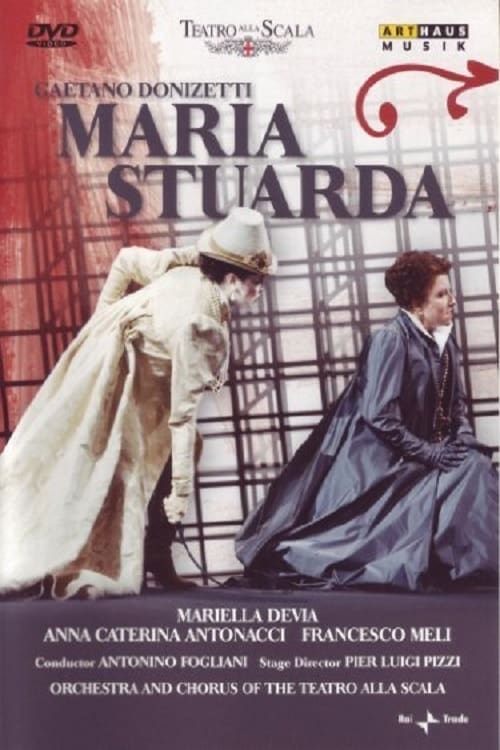
Two queens on one island. A recipe for disaster. Especially as both have a legitimate claim to the other's throne. They are, after all, related... So the power politics are the name of the game. And, for reasons of state, one of the heads that wears a crown has to roll. Maria Stuarda was laid to rest for more than a hundred years, finally being revived in 1958 in Bergamo under conductor Oliviero de Fabritiis. However the real breakthrough for the opera finally came with Giorgio de Lullo's Florentine production for the Maggio Musicale in 1967 (with set design and costumes by Pier Luigi Pizzi, director, set designer and costume designer at La Scala in 2008). As the two queens, Leyla Gencer and Shirley Verrett, set the vocal standards. Since then, the triumph of Maria Stuarda has been unstoppable.

This epic opera follows Virgil, beginning as the Greeks appear to have ceded the field after ten years of the Trojan War. Cassandra tries to warn of the terrible fate to come, but fate is set and Troy falls. The first two acts cover this tragic end, then the flight of survivors to Carthage and events at Carthage continue in acts 3 - 5, culminating in the further voyage for Italy and Rome. This is Virgil's classic epic, in operatic form, in about a three and a half hour performance from French Opera.
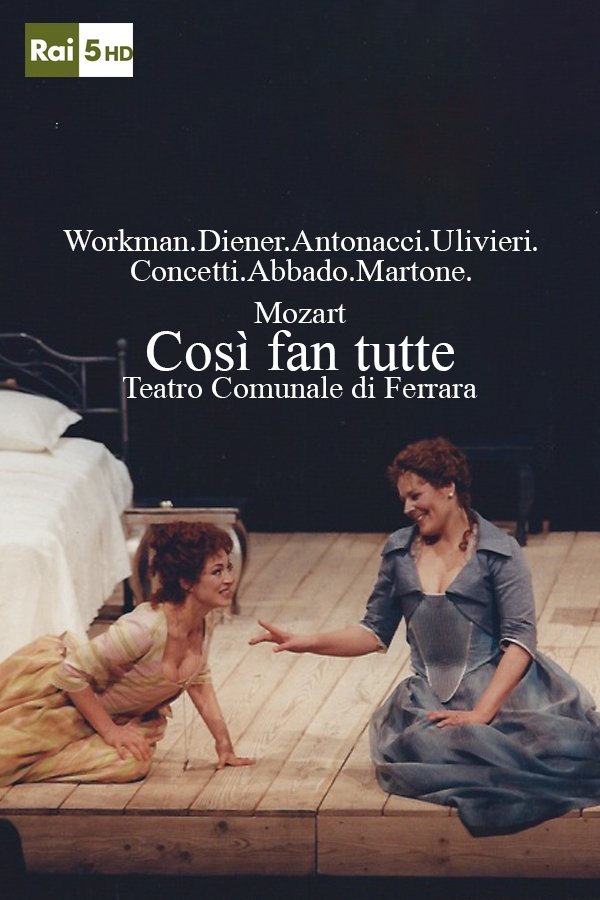
The plot takes place in the Bay of Naples in the 18th century. Deeply convinced of women's infidelity, the cynical Don Alfonso provokes his young friends Ferrando and Guglielmo by impugning the constancy of their fiancées, sisters Dorabella and Fiordiligi.
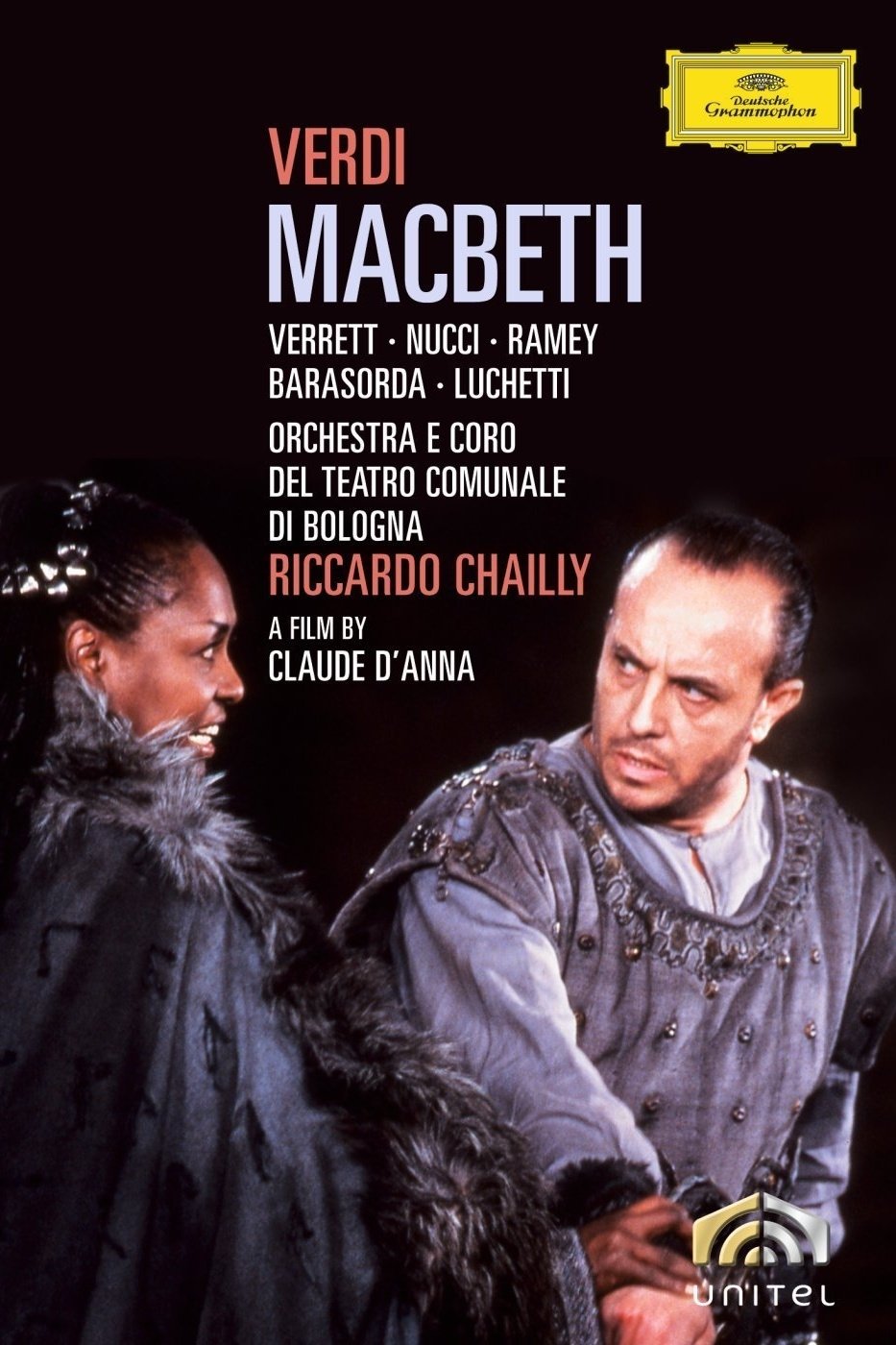
Claude D'Anna's film of Verdi's Macbeth is a gloomy affair, stressing the descent into madness of the principal villains. It's acted by the singers of the Decca recording of the opera (with two substitutions of actors standing in for singers) and the lip-synching is generally unobtrusive. The musical performance is superb, conducted by Riccardo Chailly with admirable fire, and sung by some of the leading lights of the opera stages of the 1980s. Shirley Verrett virtually owned the role of Lady Macbeth at the time, and she delivers a terrific performance, the voice equal to the role's wide register leaps and it's suffused with emotion, whether urging her husband on to murder or maddened by guilt in the Sleepwalking Scene. Leo Nucci's resonant Macbeth may lack the ultimate in vocal color and steadiness (his last notes of the great aria Pietà, rispetto, amore are wobbly) but he compensates with intensity in both singing and acting.
Anna Caterina Antonacci is widely acknowledged as a major artist, and her extraordinary vocal timbre and great acting skills have enabled her to perform a vast and varied repertoire in the world's most important theatres. She has scored notable personal success as Cassandre (Les Troyens) with Sir John Eliot Gardiner at the Théâtre du Châtelet Paris, Incoronazione di Poppea at the Théâtre des Champs Elysées, as well as the title role in Medea in Toulouse, at the Teatro Regio Turin and the Châtelet, Paris. Her debut in a new production of Carmen at the Royal Opera House in Covent Garden conducted by Antonio Pappano was a huge triumph, performed also at the Opera Comique conducted by John Eliot Gardiner, and was a precursor to her return to London as Cassandre (Les Troyens) at Covent Garden and the BBC Proms. Also revered for her interpretations of Berlioz' vocal works, performances have included La Mort de Cléopâtre with the Rotterdam Philharmonic conducted by Yannick Nézét-Seguin, with the Hong Kong Philharmonic conducted by John Nelson and with the LPO again with Nézét-Seguin. Anna Caterina has been honoured with the 'Chevalier de l'Ordre National de la Légion d'honneur' by the French Republic, which is the highest national distinction one can receive. Her first recording, Era la Notte for the Naive label received great acclaim. She has also recorded L'Alba separa dalla luce l'ombra for Wigmore Live, with her pianist Donald Sulzen, featuring songs by Tosti, Cilea, and Hahn.
By browsing this website, you accept our cookies policy.